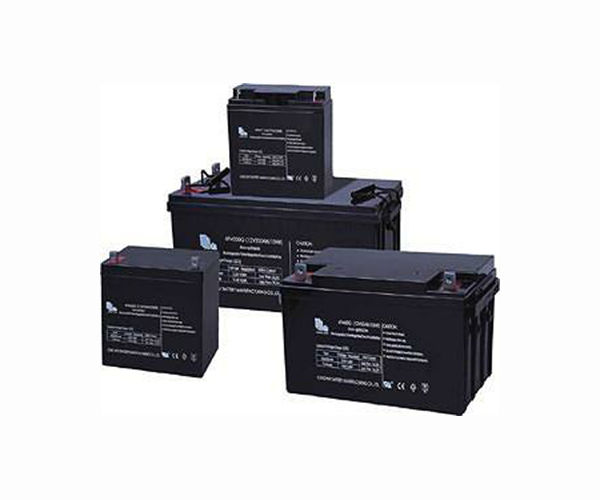Battery tree Drives Bangladesh Lead poisoning epidemic
Bangladeshi Junayed Akter is 12 years old, but the poisonous lead that flows through his veins has left him the shrinking status of someone a few years younger.
Akter is one of the 35 million children – about 60 percent of all children in the South Asian nation – who have dangerously high levels of lead exposure.
The causes are varied, but his mother blames his ailments for a factory that has since cunted and hastily demolished and recycled old vehicle batteries for profit, in the process that poisons the air and the earth of his small village.
“It would start at night and the entire area would be filled with smoke. You could smell this specific scent when you breathed,” Bithi Akter told AFP.
“The fruit no longer grew during the season. One day we even found two dead cows in my aunt’s house.”
Medical tests showed that the blood of Junayed twice the level of lead that is considered by the World Health Organization cause serious and probably irreversible, mental disorders in young children.
“From the second year he didn’t want to listen to us anymore, he didn’t want to go to school,” said Bithi, while her son was sitting next to her while he was staring at the courtyard of their house.
“He also cried all the time.”
Lead poisoning is not a new phenomenon in Bangladesh, and the causes are many.
They include the widespread and continuous use of the heavy metal in paint, in spite of a government ban and its use as a counterfeit in turmeric spice powder to improve its color and observed quality.
Many cases are accused of informal factories for recycling batteries that have spread throughout the country in response to the rising demand.
Children exposed to dangerous levels of lead risk reduced intelligence and cognitive performance, anemia, remaining growth and lifelong neurological disorders.
The factory in the village of the Akter family closed after persistent complaints from the community.
But environmental watchdog Pure Earth believes that there can be 265 such locations elsewhere in the country.
“They break down old batteries, remove the lead and melt it to make new ones,” told AFP Pure Earth’s Mitali Das.
“They all do this in the open air,” she added. “The toxic fumes and sour water produced during the operation pollute the air, soil and water.”
– “They killed our village” –
In Fulbaria there is a village that is a few hours’ drive north of the capital Dhaka, activities at another battery recycling factory owned by a Chinese company in full swing.
On the one hand there are green paddy fields. On the other hand, a pipe spits cloudy water in a brackish swimming pool bordered by dead countries, caked with thick orange mud.
“As a child I always brought food to my father when he was in the fields. The landscape was beautiful, green, the water was clear,” engineer and local resident Rakib Hasan, 34, told AFP.
“You see what it looks like now. It’s forever dead,” he added. “They killed our village.”
Hasan complained about the pollution of the factory, as a result of which a judge explains it illegally and order that the authority is concluded – a decision that is later reversed by the Supreme Court of the country.
“The factory bought the local authorities,” said Hasan. “Our country is poor, many people are corrupt.”
Neither the company nor the Chinese embassy in Dhaka responded to the requests of AFP to comment on the activities of the factory.
Syeda Rizwana Hasan, who Helmt the Ministry of the Environment of Bangladesh, refused to comment on the case because it was still in front of the courts.
“We regularly carry out activities against the illegal production and recycling of electric batteries,” she said.
“But these efforts are often insufficient considering the scale of the phenomenon.”
– ‘Not aware of the dangers’ –
Informal battery recycling is a thriving company in Bangladesh.
It is largely driven by the massive electrification of rickshaws and previously pedal-powered drugs to become popular in both large cities and rural cities.
More than four million rickshaws can be found on Bengal roads and the authorities estimate the market for fitting them all with electric motors and batteries to around $ 870 million.
“It is the disadvantage of going completely electric,” says Maya Vandenant of the UN children’s office, which pushes a strategy to clean up the industry with stricter regulations and tax stimuli.
“Most people are not aware of the dangers,” she said, adding that the consequences of public health are expected to be a dent of 6.9 percent for the national economy.
Muhammad Anwar Sadat of the Ministry of Bangladesh warned that the country could not afford to ignore the scale of the problem.
“If we don’t do anything,” he told AFP, “the number of affected people will multiply three or four -time in the coming two years.”


